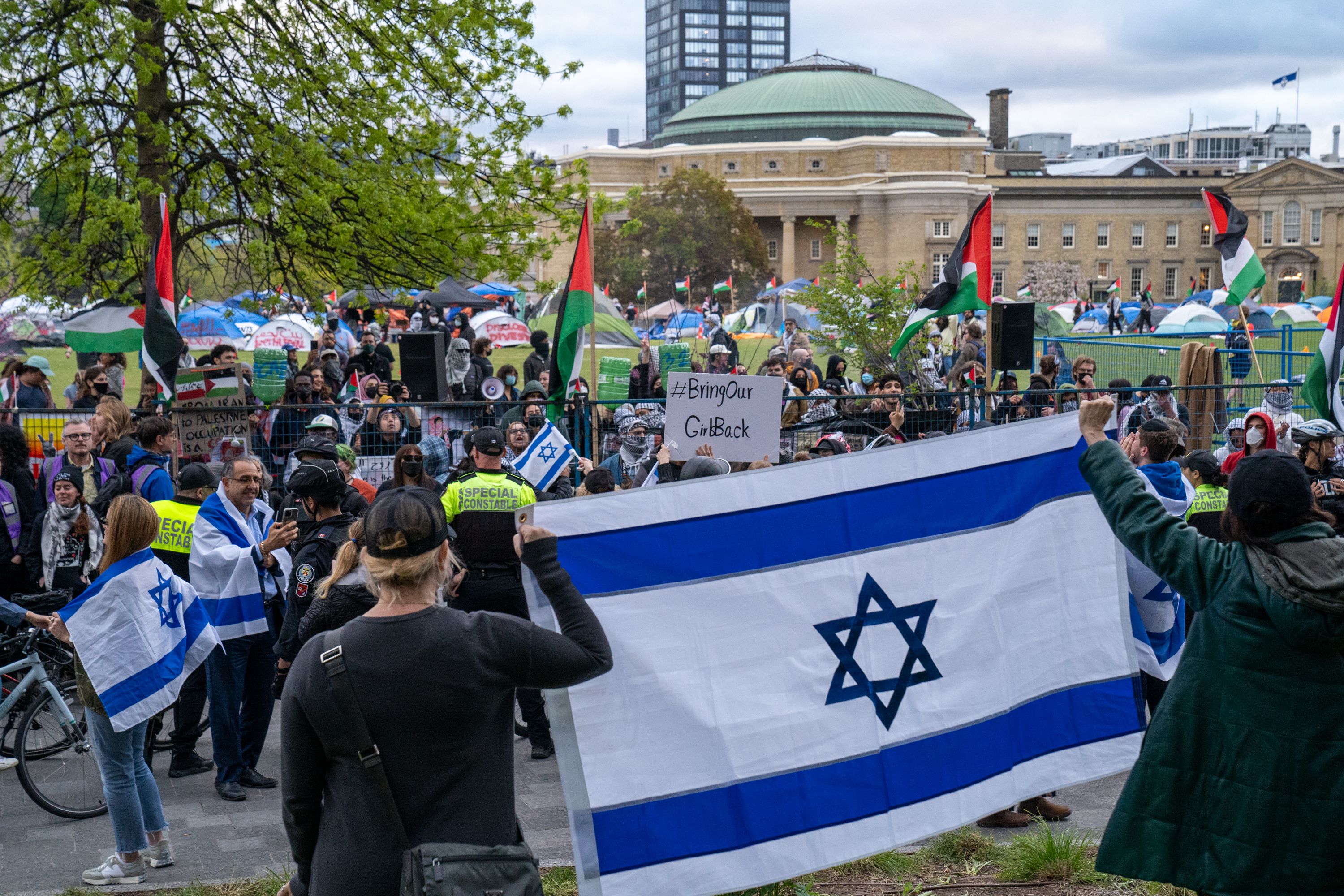North Africa and Middle East
Analysis of changing dynamics in the North Africa/Middle East region, against a backdrop of increasing security crises and their political, economic and energy consequences.
Related Subjects

Canada’s Recognition of a Palestinian State: What Consequences on its Foreign Policy Toward Palestine?

On September 21, 2025, Canada became the 148th of 157 countries to recognize Palestine as a state. It did this with the United Kingdom (UK) and Australia, defying the United States (US) and Israeli opposition.
Trafficking in the Sahel-Saharan Zone: Features and Stake
On November 5th 2009, a cocaine-loaded Boeing 727 aircraft arriving from Venezuela was discovered torched and emptied on a makeshift airstrip in the Malian desert (Gao region). The sahel-saharan area is clearly a contact zone between very distant worlds.



Mutations of Algerian Terrorism
'Al Qaida in the Islamic Maghreb is an Algerian reality. Its Maghrebine, or even Maghrebine-Sahelian dimension, that appears obvious in the Western security line, is actually questionable'.

The Algerian Diplomacy in Search of Its Golden Age
'Most Algerians make an uncompromising assessment of their country's track record over the past 20 years, and the absence of Algerian diplomacy remains a burning and recurrent issue'.


The French Policy on Syria, From Jacques Chirac to Nicolas Sarkozy
Strategic Stability Reconsidered: Prospects for Escalation and Nuclear War in the Middle East
Support independent French research
Ifri, a foundation recognized as being of public utility, relies largely on private donors – companies and individuals – to guarantee its sustainability and intellectual independence. Through their funding, donors help maintain the Institute's position among the world's leading think tanks. By benefiting from an internationally recognized network and expertise, donors refine their understanding of geopolitical risk and its consequences on global politics and the economy. In 2025, Ifri supports more than 80 French and foreign companies and organizations.









